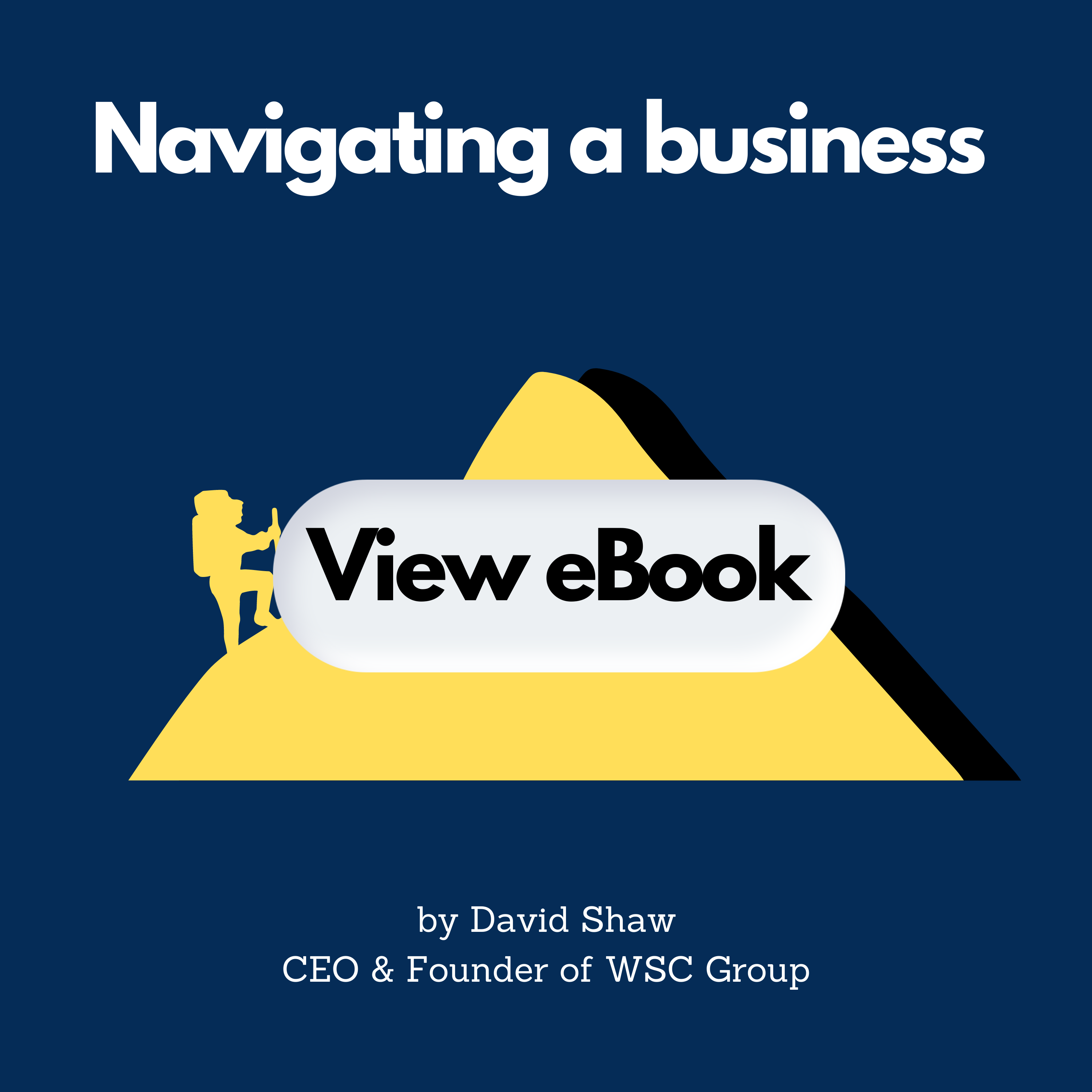Question
I have inherited cray-fishing pots from my husband; however, I am unable to fish myself due to age. I would like to enter a Share Fishing Agreement so that I will still meet the Small Business Entity (SBE) requirements. The agreement will state that I will receive a percentage of the catch which means I will be risking price movement and kilos caught (this may not be an issue as quotas are now in place in WA). Would this be sufficient to qualify as a SBE or would costs associated with fishing need to be incurred?
Answer
A small business entity is an entity that is carrying on a business and has an aggregated turnover of less than $2 million. There is no requirement that costs be incurred to satisfy the definition, however, whether you are carrying on a business is a question of fact to be determined.
The Commissioner's view on whether a taxpayer is carrying on a business is found in Taxation Ruling TR 97/11, which uses the following indicators to determine whether a taxpayer is carrying on a business:
- whether the activity has a significant commercial purpose or character;
- whether there is repetition and regularity of the activity;
- whether the activity is of the same kind and carried on in a similar manner to that of the ordinary trade in that line of business;
- whether the activity is planned, organised and carried on in a businesslike manner such that it is directed at making a profit;
- the size, scale and permanency of the activity; and
- whether the activity is better described as a hobby, a form of recreation or a sporting activity.
The indicators must be considered in combination and as a whole. Whether a business is being carried on depends on the 'large or general impressions gained' from looking at all the indicators and whether these indicators provide the operations with a commercial flavour.
Note that although the ruling refers to a primary production business, the same principles apply to any other activity.
In your case, it is unlikely that you would be considered to be carrying on a business. The principles outlined in TD 95/62 (which relates to share farming arrangements) would also apply to the share fishing agreement. Effectively, the provision of the cray-fishing pots under the agreement would be passive in nature and thus result in your income derived being income from property rather than income from the carrying on of a business.
Please refer to the following private ruling 1012748591902 which deals with a similar share fishing arrangement.













